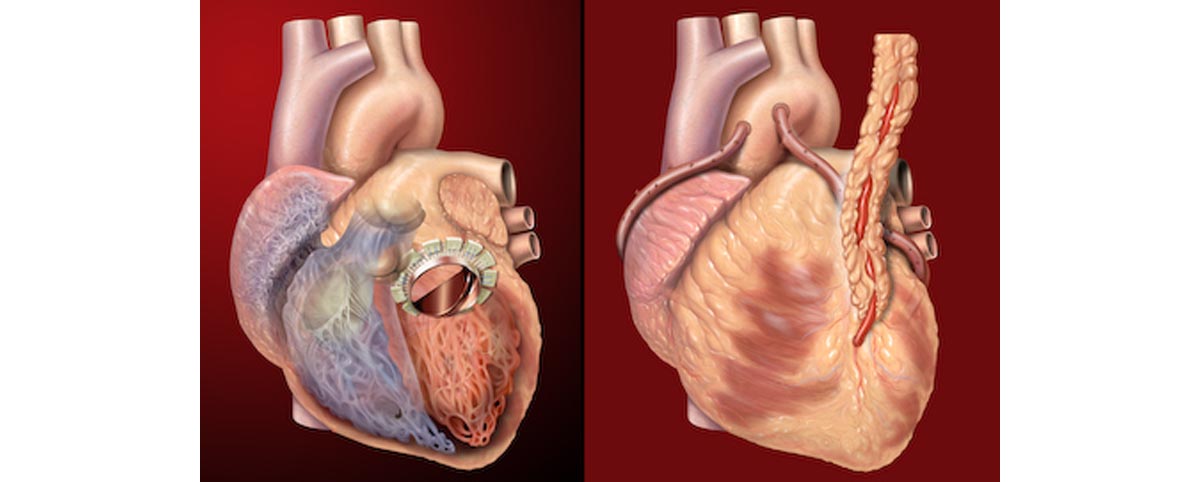Table of Contents

Palpitations are often felt as skipping heartbeats, fluttering in the chest, or a racing heart. If you also feel dizzy, light-headed, short of breath, or have chest pain along with palpitations, it could be a sign of a life-threatening problem, and you must see a doctor. You may feel as if your heart has extra beats, stops for a short time, or skips a beat. Heart palpitations may also be serious if you feel pain, pressure, or tightness in your chest, neck, jaw, arms, or upper back.
Care for heart palpitations
Care for this condition depends on the cause. If the palpitations are due to a serious problem, you will need to have it treated. If a medicine is causing your heart to skip beats or race, your doctor may stop or change the prescription you have. Otherwise, you will need to stop eating or drinking caffeinated food, as that might be the cause of your palpitations. You will also need to make sure you get enough rest, remember to avoid over-exercising, and try not to get too stressed-out.
Risks of heart palpitations
Without treatment, the cause of the palpitations will remain unknown to you and your doctor. Since palpitations can sometimes signal a dangerous problem, it could be a life-threatening risk. Although for most people palpitations are not dangerous, it is important that your doctor or caregiver performs a check-up, especially if you have new or worsening symptoms. Without treatment, you could have more episodes of heart palpitations then you had before. Some palpitations may come because of serious heart rhythm problems. If these problems do not receive appropriate treatment, they can increase your chance of heart failure, heart attack, or stroke. However, it is rare that palpitations are caused by serious health problems. You should call your caregiver if you are worried or have questions about your medicine or care. It is normal to feel scared, confused, or anxious because of heart palpitations. Do not hesitate to seek professional help if you notice any of the aforementioned symptoms.
What to do once you notice heart palpitations?
If you have medication prescription, you must be sure to take it as directed. If you feel it is not helping, you should call your doctor. Do not stop taking it on your own without consulting your doctor. To help keep the palpitations from coming back, drink decaffeinated coffee, tea, and soda, and do not eat chocolate. If you smoke, quit or cut down as much as you can, because it could improve your symptoms. You should also try not to get too stressed-out or upset. Biofeedback, yoga, or meditation will help you relax and prevent further palpitations. Exercise such as swimming, jogging, or walking may also help reduce stress, and therefore reduce palpitations. Excess weight can make the heart work harder, so if you need to lose weight, ask your doctor about the best plan for you.
You should know when it is important to call your doctor. Call the doctor if you continue to have a fast heartbeat, or if your palpitations occur more often. You must seek care immediately if you get a bad headache, dizziness, or fainting. It is an emergent situation if you have chest pain that spreads to your arms, jaw, or back, and you are sweating, feel sick to your stomach, and have trouble breathing, as these are the signs of a heart attack. Remember that you must not drive yourself to hospital if this happens to you.
- Photo courtesy of Patrick J. Lynch by Flickr : www.flickr.com/photos/patrlynch/450128330/
- en.wikipedia.org/wiki/Palpitation
- www.nlm.nih.gov/medlineplus/ency/article/003081.htm
- heartdisease.about.com/cs/arrhythmias/a/palpitations.htm

